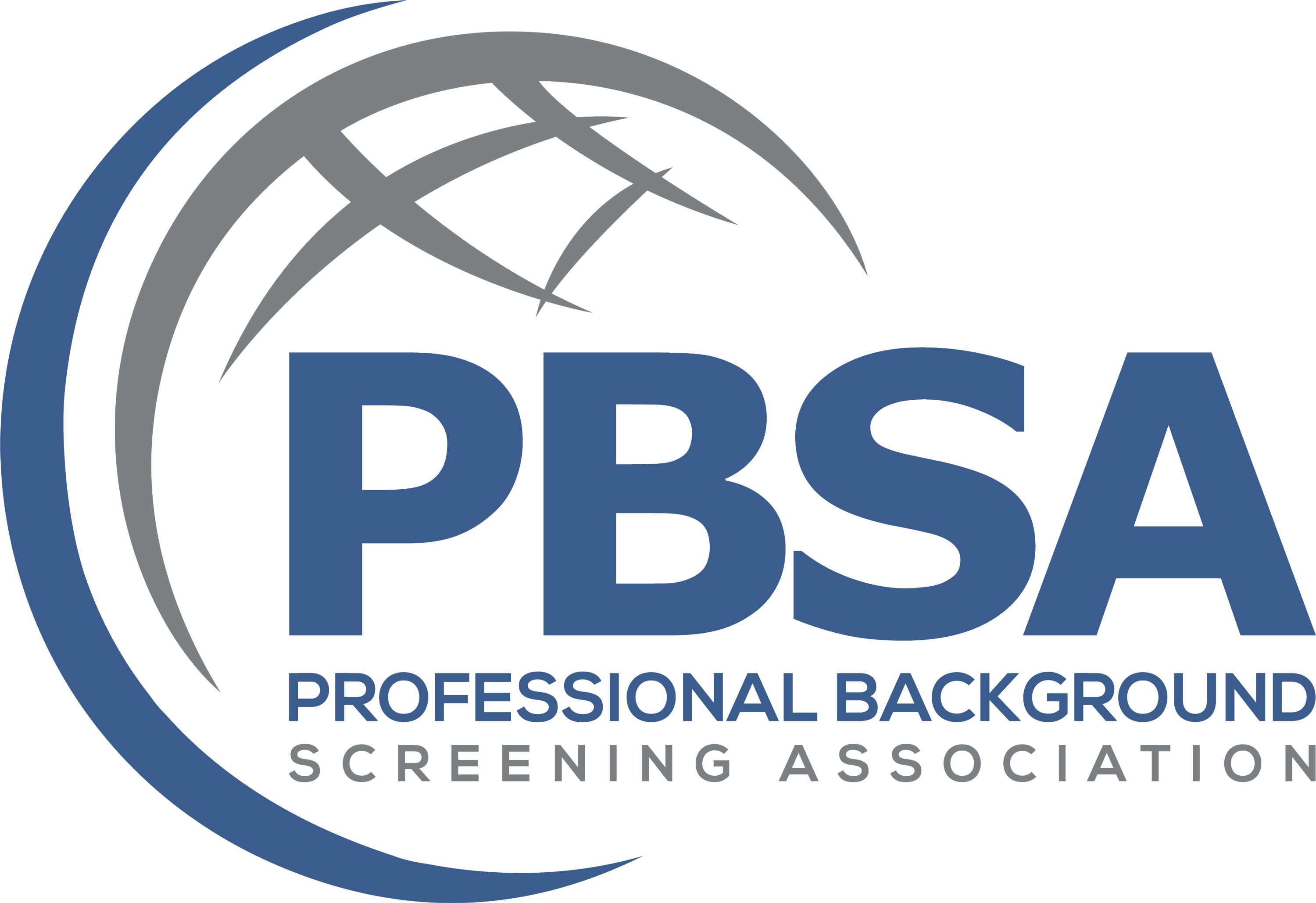As the working and middle classes in developing countries continue to grow, there is an increased risk of financial service companies being targeted by criminals. With the growing popularity of mobile banking, people are more tempted to take risks for instant gratification.
Today, we have strict accountability and complex regulations that the financial industry must follow to maintain compliance. Modern day tools can detect risk by analyzing outliers against historical trends or anomalies, so it becomes easier to catch the culprit.
One of the more popular tools as a financial institution is a thorough employment background check for soon to be hired employees. This process of checking will keep you compliant and up-to-date with the requirements with the industry, so that you can hire or work with someone without repercussions.
Below are some of the reasons why a thorough background check is important in checking trustworthiness:
1) Ensure that an employee has not committed fraud in the past
2) Provide information about their credit and debt history
3) Check if have been charged with bankruptcy crimes or guilty of money laundering,
4) Checks for previous and current criminal records
5) Know if the information they’ve provided is truthful or made up
Employment background checks are essential because it gives an employer the peace of mind that they have hired a competent employee.
Background screening is a critical tool that organizations need to detect and prevent losses. It’s also important for protecting customer data from outside threats.
P.S.
📌To get a FREE copy of How to do Background Checks Correctly go here:
https://lnkd.in/gKBHjQE


